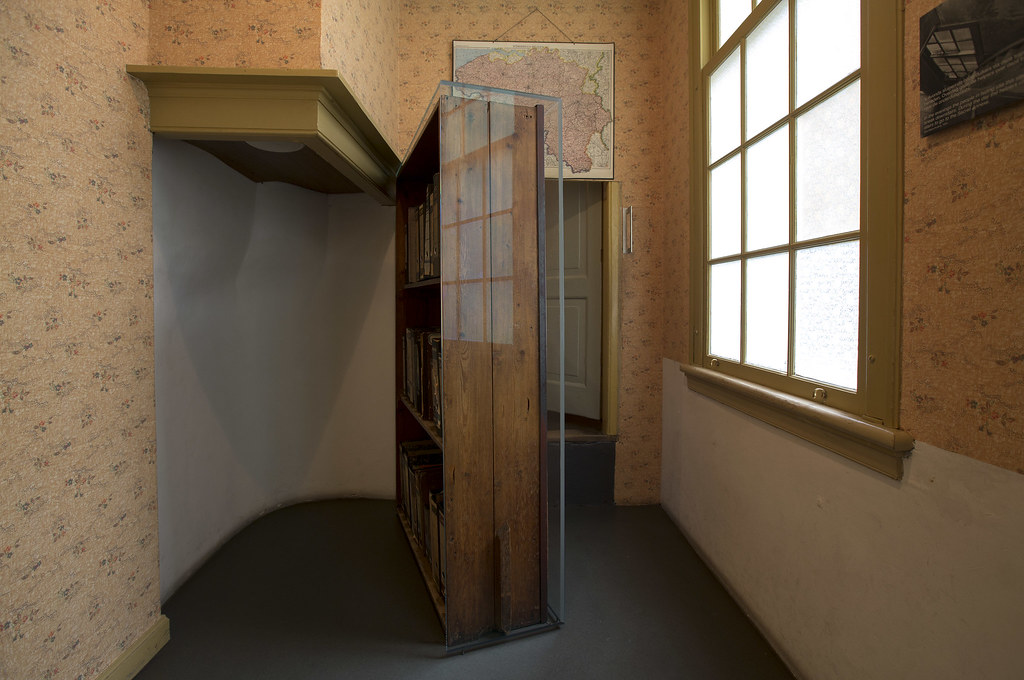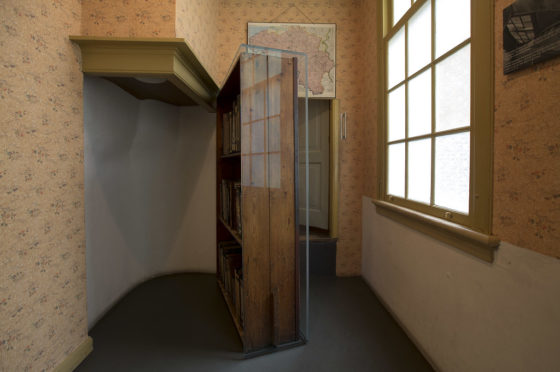Anne Frank investigator defends betrayal book, stands by findings


The director of the recent investigation into who betrayed Anne Frank has issued a lengthy rebuttal of the criticisms of the project, saying that while he had expected ‘some pushback on a new theory being presented by outsiders’, the team did not expect the vitriol they have experienced.
Vincent Pankoke, a former FBI agent, led the team investigating the betrayal of Anne and her family in 1943, using cold case methods.
The book has created a furore in the Netherlands, with critics saying the publication is full of mistakes and that the team have boosted anti-Semitism with their theory that a Jewish notary was responsible for passing the addresses of Jews in hiding to the Nazis.
Much of the book hinges on an anonymous note given to Otto Frank shortly after the war which said A. van den Bergh was responsible for the betrayal.
This note and name have been published by other authors when considering their own betrayal theories, Pankoke points out.
‘What the Cold Case Team did was recognise that due diligence in the vetting of the anonymous note writer’s allegation was never performed. One of the primary principles of cold case methodology is that you never accept previous findings, you must question everything,’ he said.
Pankoke said the effort to solve the mystery was lauded and encouraged when it was initially launched. ‘That support continued right up until the time that the results were found to be something other than what some people wanted to hear,’ he said.
‘Did anyone really think that there would be a celebration for the findings? On the contrary, we became quite sad that this would be our conclusion.
‘Considering this, we tried our best to be respectful and non-judgmental when presenting our theory. We have encouraged people before they begin to judge, to consider “what would they do” if placed into the same, unimaginable position that many, many Jews found themselves in during the Holocaust.’
Researchers
Critics have also accused the team of adding the names of researchers and historians to the list of participants, even though they were not involved. Pankoke denies this, saying detailed records have been kept of everyone’s involvement.
In the meantime, Amsterdam city council, which pumped €100,000 into the project, has said it intends to try to recuperate the money.
City culture chief Touria Meliani said in a note to councillors that she has been ‘shocked’ by the lack of care taken in the investigation, and the communication around the grant request.
The Dutch publishers have also put the brakes on the book, pending ‘answers from the investigative team to questions that have arisen’.
Thank you for donating to DutchNews.nl.
We could not provide the Dutch News service, and keep it free of charge, without the generous support of our readers. Your donations allow us to report on issues you tell us matter, and provide you with a summary of the most important Dutch news each day.
Make a donation